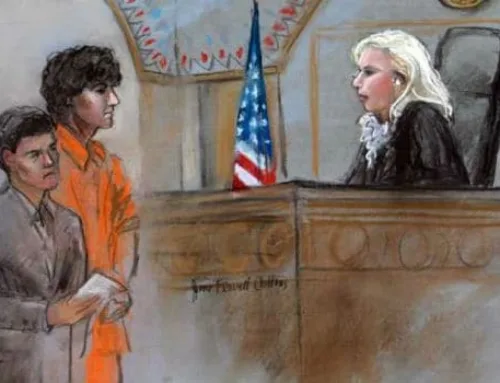Extortion is the crime under Washington law in which you obtain or try to obtain another person’s property or services via a threat. An extortion conviction is a serious felony under the law that can result in a state prison term of up to ten years. Please contact a skilled criminal defense attorney now if you or a loved one is facing a Washington extortion charge.
What is Washington’s Law on Extortion?
In general, you are guilty of the crime of extortion if you:
- Obtain or attempt to obtain another person’s property or services, and
- Do so by means of some type of threat.
Note that you are guilty of this offense even if you are not successful in obtaining the other party’s property or services. Further, you are also guilty of extortion if the “victim” consents or agrees to provide you with property or services. The focus is primarily on whether you threatened the “victim.”
Note, too, that Washington law recognizes two forms of extortion. These include:
- Extortion in the first degree (as set forth in RCW 9A.56.120(1) and RCW 9A.04.110(27)(a)-(c)), and
- Extortion in the second degree (as set forth in RCW 9A.56.130(3) and RCW 9A.04.110(28)(d)-(j)).
The difference between the two crimes is largely based on the type of threat that the perpetrator uses to carry out the crime.
What are the Penalties?
Extortion in the first degree is a Class B felony. The crime is punishable by:
- Custody in state prison for up to 10 years, and/or
- A maximum fine of $20,000.
Extortion in the second degree is a Class C felony. The crime is punishable by:
- Custody in state prison for up to five years, and/or
- A maximum fine of $10,000.
Can a Defendant Raise a Legal Defense?
Yes. You can contest an extortion charge with a legal defense. Recall that the main focus with an extortion charge is whether you threatened the “victim.” If no threat, then there is no extortion. A defense, then, is for a defendant to show that he/she did not threaten another person.
Another common defense is for an accused to show that the police violated his/her constitutional rights. For example, it may be the case that the police:
- Stopped you without probable cause,
- Coerced a confession, or
- Failed to read you your Miranda rights.
If any of the above, then your lawyer can move that the prosecutor reduce or dismiss you extortion charge.
Contact Black & Askerov for Help
While a defendant can raise a legal defense to challenge an extortion charge, it will take a skilled criminal defense attorney to raise the best defense. The experienced criminal defense lawyers at Black & Askerov have over 30 years of combined experience defending clients on extortion charges. Our attorneys will fight tooth and nail for you at every step of your case. Contact us now to get the legal help you deserve!






